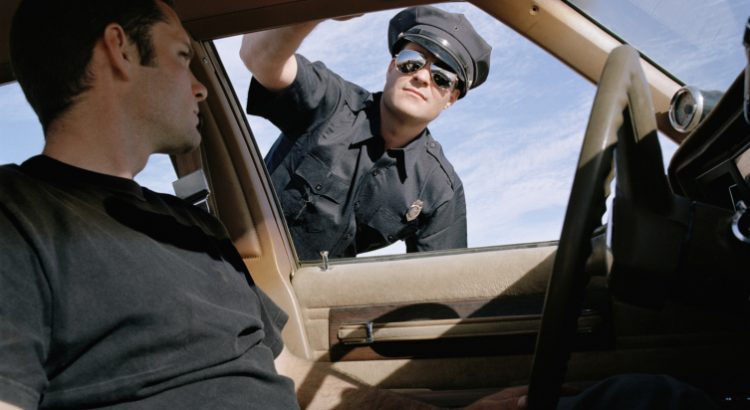Law enforcement officials can often intimidate citizens into voluntarily giving up their rights because police are trained to show authority when they interact with the public. Usually, if a police officer confronts a person, most people will experience nervousness, discomfort and become abnormally anxious.
However, it is essential that citizens understand their rights and what they are giving up when they conform to the requests of an officer. If a police officer stops you at a routine traffic stop, he has the right to check your driver’s license and your registration. The officer may then ask you if you have any illegal weapons or drugs in your vehicle. If you say “no” then the officer might ask if he can check your trunk. However, you can say “no” to this request, because legally the officer cannot force you to do something against your will. However, refusing to comply may result in resisting arrest offense.
Sometimes police officers will push citizens to accept their request for a vehicle check. However, saying that you do not consent to a search without a warrant, should make it clear to any officer that you are aware of your constitutional rights.
Although you may openly speak your displeasure, the officer may charge you with resisting arrest. But in most cases, the officer will try to continue to convince you to comply voluntarily. Your police officer can, on the other hand, ask you questions, look through your window and walk or drive in public areas.
